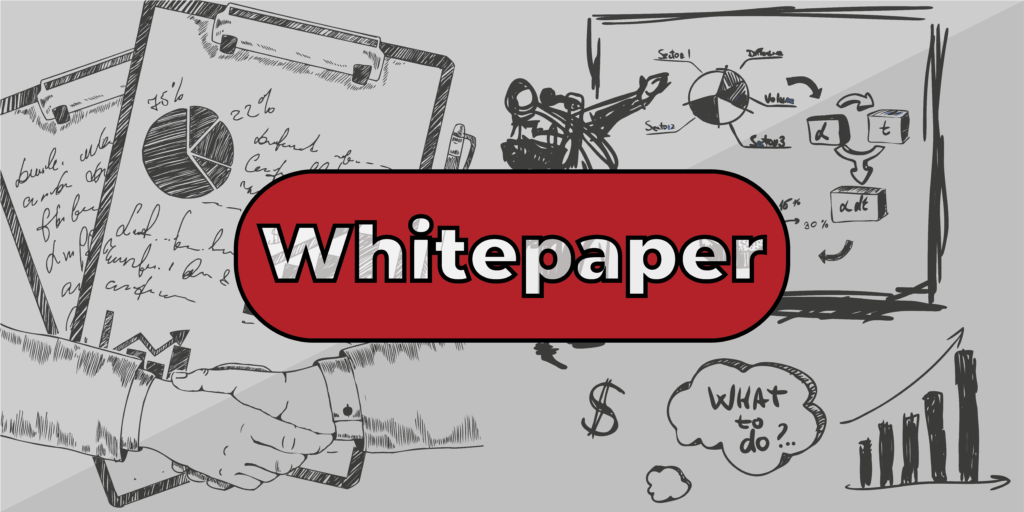There are few things that generate excitement and speculation like the announcement of a business combination. Almost without exception, the management promise of every merger and acquisition is to increase stakeholder value. However, it seems that this is not what typically happens. As evidenced by a 2019 survey by Deloitte, 40 percent of survey respondents […]
Category Archives: Whitepapers
There are many reasons for separating data – each has its own challenges and business considerations. The first step in the process is to determine the business requirement, then find the relevant data, determine the criteria for filtering the data out, and determine what happens to the filtered data. Suppose for example, that you want […]
Deciding what information to share and what information to keep private is one of the most critical decisions companies face when they decide to sell part of the company. Sharing too much information allows competitors to identify advantages to use against the parent company. Keeping irrelevant information may result in unnecessary costs, such as excess […]
The previous article talked about the types of bankruptcy in the US and the options for restructuring. This whitepaper elaborates on restructuring in a Chapter 11 scenario. The initial turnaround plan considers an extensive analysis of what is working, and what is not working. Essentially, there are five components to this plan: debt restructuring, organization […]
Bankruptcies occur more often than expected and occur during booming economies as well as recessions. Not only was there a sharp increase in bankruptcy filings during the 2020 pandemic, but also law changes and the recession in 2005 and 2009 led to significant slowdowns and many companies unable to meet their debt obligations and operating […]
For most companies, annual financial statement audits are an unavoidable part of business and remain the gold standard of assurance to stakeholders. These annual audits can be quite burdensome for the accounting team. In addition to daily business demands—the accounting team generally needs to prepare and pull schedules, load extracts, and provide supporting documentation. Due […]
In large organizations, many different people are responsible for updating, creating, and deleting data in spreadsheets. Each time a spreadsheet is changed, there is a risk of losing the integrity of the data because of the number of cell references and relationships between each data item in the spreadsheet (and among many different spreadsheets). It […]
The concept of a world-class close has been around for decades, and with the economy booming, stalling, and then doing who-knows-what in the future, revisiting the elements of an exemplary close can bring unexpected benefits to any organization. Driving toward a world-class close means by definition that IT and Finance will become more flexible, more […]
The acquisition has been announced. Company A is going to sell the B part of its business to Company C. The entire organization is trying to complete the close in a very short window. The regulatory team needs to file all the paperwork set up the new legal entities and the change in ownership. The […]
Suppliers and consultants regularly make recommendations to their client companies. In many companies, these suppliers of products and services are trusted advisors, often having the responsibility of making a final decision on a project. Even with best intentions, however, the supplier’s decision of what is right for the customer is a difficult decision because there […]











